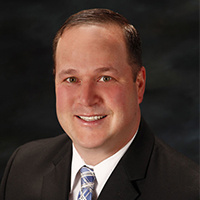 Sun Valley Child Custody Lawyers, Nevada
Sun Valley Child Custody Lawyers, Nevada
Sponsored Law Firm
-
 x
x

Click For More Info:
-
The O'Mara Law Firm, P.C.
311 E. Liberty Street Reno, NV 89501» view mapDivorce & Family Law Experience, Knowledge & Integrity
For over a decade, David C. O’Mara has built and maintained an outstanding reputation by providing superior legal services to his many clients.
800-971-0140
Includes: Guardianships & Conservatorships, Custody & Visitation
Warning! No lawyers found in this specified area.
Lawyers
1-0 of 0 matches



 David O'Mara Reno, NV
David O'Mara Reno, NV Practice AreasExpertise
Practice AreasExpertise